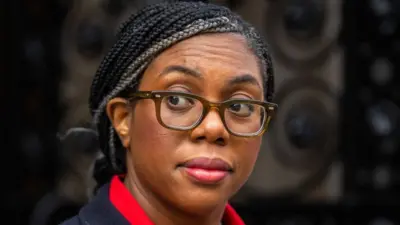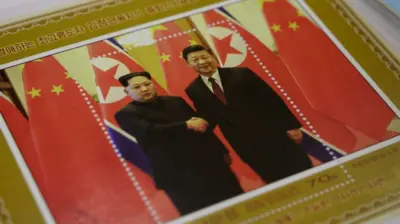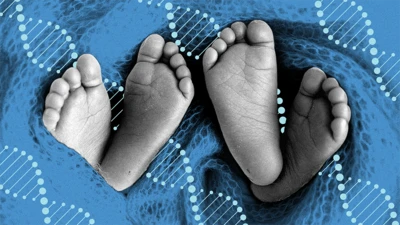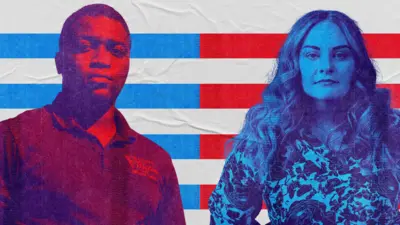We've updated our Privacy and Cookies Policy
We've made some important changes to our Privacy and Cookies Policy and we want you to know what this means for you and your data.
Belarus frees five political prisoners in rare amnesty
Image source, Getty Images
- Author, Matt Murphy
- Role, 91Čȱ¬ News
Belarus has freed five political prisoners in a rare amnesty, almost four years after the country's leader Alexander Lukashenko launched a brutal crackdown on his domestic opponents.
The 69-year-old, who has led the country since 1994, launched mass repressions after he claimed victory in the disputed 2020 presidential election. Thousands of people were detained in the protests which followed.
On Tuesday he signalled his intention to release some "seriously ill" prisoners, during a press briefing with reporters in the capital, Minsk.
There are still more than 1,400 political prisoners held in Belarus, .
Three men and two women were freed from custody as part of the move on Wednesday, according to Viasna.
Only one of those released, Rygor Kastusev, has been identified. The 67-year-old, who ran against Mr Lukashenko in the 2010 election, was detained as part of a wave of arrests in 2021. Viasna said he had previously been diagnosed with cancer.
Confirming his release, Mr Kastusev's daughter Galina said her father was "very happy to be free".
"We saw each other, everyone got excited, started crying. We saw that he was home, everything is fine," she said.
Another political prisoner, Irina Schastnaya, was released on 29 June. The opposition journalist was arrested in 2021 and sentenced to four years in prison.
The My Country Belarus Telegram channel, which she ran before her arrest, announced her release on Wednesday after she had left the country.
Mr Lukashenko said on Tuesday the amnesty would apply to people he accused of "smashing up or undermining the country in 2020" and who were "truly ill, mostly with cancer".
Svetlana Tikhanovskaya, the exiled opposition leader - who many believe defeated Mr Lukashenko in the 2020 election - tentatively welcomed the releases.
"I am glad to see these people free and reunited with their loved ones," she wrote in a post on X, formerly Twitter.
But she emphasised that many political prisoners remained behind bars, noting that more than 200 of them were suffering from "critical health conditions".
"Already, at least six have died behind bars. They must be released unconditionally. Their urgent release is not a political issue, but a humanitarian one," she wrote.
Ms Tikhanovskaya's husband, Sergei Tikhanovsky is among those still in jail. He was arrested in May 2020, just two days after announcing his intention to challenge Mr Lukashenko in the presidential election.
He hasn't been heard from in over a year, and a spokesperson for Ms Tikhanovskaya told the AFP news agency that there was nothing to indicate that he would be among those released.
There are also concerns for Maria Kolesnikova - an opposition activist who tore up her passport after authorities kidnapped her and drove her to the border in a bid to force her to leave Belarus in September 2020. She was later sentenced to 10 years in prison.
Ms Kolesnikova's lawyer said earlier this year that he hadn't had contact with his client since February 2023.
For decades, Mr Lukashenko sought to play Russia and the European Union off against each other. His established practice was to release political prisoners to win favour with leaders in Brussels and spark a thaw in relations.
But that relationship ended in 2020, after he claimed victory in the presidential election and launched waves of repressions.
Since then Mr Lukashenko has become reliant on President Vladimir Putin for support, after the Russian leader agreed to send troops to help prop up his regime as thousands of Belarusians took to the streets in mass protests.
It seems unlikely that Wednesday's releases signal a return to Mr Lukashenko's previous attempts to appeal to the West, considering the modest number of prisoners released.
Scores of detainees remain unheard from, while the secret police have continued to arrest others accused of undermining the regime.
Even on Wednesday, as the five detainees walked free after years in detention, Viasna classified eight other people as political prisoners.
Top Stories
More to explore
Most read
Content is not available








